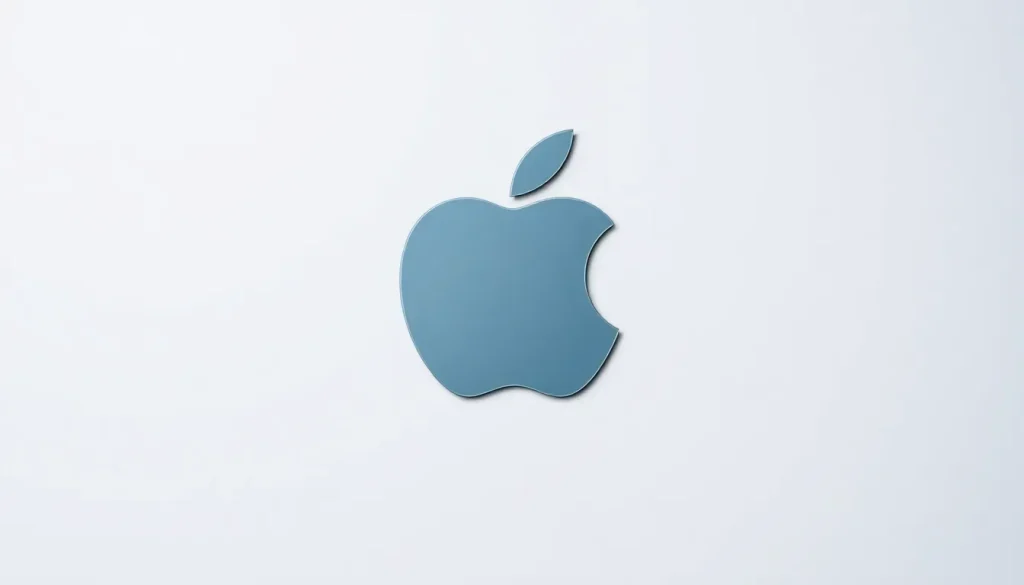EU Commission Addresses Apple’s Request to Abandon DMA

In a significant development for the tech industry, Apple has intensified its opposition to the European Union's Digital Markets Act (DMA), a piece of legislation that aims to foster competition within the digital landscape. Following Apple's rebuttal, the European Commission has responded firmly, setting the stage for a potential legal battle over the future of digital market regulations in Europe.
Understanding the Digital Markets Act
The Digital Markets Act is a regulatory framework established by the European Union to tackle monopolistic practices among major tech companies. Since its inception, the DMA has focused on identifying "gatekeepers"—large platforms that hold significant market power—and imposing obligations to ensure a fairer digital ecosystem.
Key features of the DMA include:
- Mandatory opening of platforms to alternative app stores and services.
- Increased user choice regarding default applications, including web browsers.
- Expanded access to key hardware features, like Near Field Communication (NFC).
- Interoperability requirements that compel companies to ensure their products work seamlessly with third-party devices.
In the case of Apple, the DMA's provisions have already led to significant changes in how the company operates within the EU. Apple has been pushed to allow iOS and iPadOS apps to be distributed via alternative channels, fundamentally altering its approach to app distribution.
Apple's Resistance to Regulatory Changes
Despite these legislative advancements aimed at promoting competition, Apple has been vocal in its opposition to the DMA. The company argues that the provisions outlined in the DMA could compromise user privacy and security. Recently, Apple highlighted that the upcoming interoperability rules would be challenging to implement without risking the integrity of user data.
One of the key points Apple raised in its defense was the functionality of features like Live Translation, which relies on advanced processing to secure user conversations. The company stated:
“Bringing a sophisticated feature like this to other devices creates challenges that take time to solve. For example, we designed Live Translation so that our users’ conversations stay private.”
Furthermore, Apple contended that the DMA has already resulted in software delays for EU users, contradicting the very goals of the competition legislation. This has led to claims that the DMA is stifling innovation rather than fostering it.
The European Commission's Stance
In response to Apple’s assertions, the European Commission has shown little sympathy. A spokesperson from the Commission, Thomas Regnier, remarked that Apple's attempts to undermine the DMA do not align with the company’s claims of wanting to cooperate with regulatory efforts:
“Apple has simply contested every little bit of the DMA since its entry into application. This undermines the company’s narrative of wanting to be fully cooperative with the Commission.”
Regnier also pointed out that Apple's request to scrap key provisions of the DMA reflects a reluctance to engage constructively with the Commission:
“After two months, Apple came back and asked us to scrap everything. We fully get companies want to defend their profits at all costs, but that’s not what the DMA is about.”
Future Implications for Apple and EU Regulations
As the regulatory landscape evolves, it remains to be seen how Apple will navigate these challenges. The company appears to be at a critical junction, facing mounting pressure to comply with new rules while striving to protect its business model.
The implications of the DMA extend beyond Apple; they could reshape the entire digital marketplace within the EU. If Apple is unable to adapt to the new regulations, it might set a precedent for how other tech giants handle similar legislation in the future. Key areas to watch include:
- Potential legal challenges from Apple against the DMA.
- The reaction of other tech companies to similar regulations.
- Impact on user experience as interoperability becomes more prevalent.
The upcoming months will be crucial in determining the trajectory of both Apple and the DMA. As negotiations continue, stakeholders from various sectors, including developers and consumers, are likely to weigh in on the ongoing debate. The Commission's commitment to enforcing the DMA indicates that it will not back down easily, regardless of corporate pushback.
Broader Context: Global Regulatory Trends
The situation between Apple and the European Commission is part of a broader global trend where governments are increasingly scrutinizing the practices of major tech companies. Similar legislative efforts are being observed in regions such as:
- The United States, where antitrust investigations are underway against several tech giants.
- Australia, which has introduced laws to ensure fair payment for news content shared online.
- Asia, where countries like South Korea have begun to implement regulations targeting app store practices.
These developments reflect a growing recognition of the need for regulatory frameworks that promote fair competition and protect consumer rights in the digital age. As these trends unfold, companies like Apple will have to navigate an increasingly complex compliance landscape.
For further insight into how the DMA and other regulations may affect innovation and competition, you can watch this informative video on the topic:
Consumer Considerations in the Regulatory Landscape
As the debate between Apple and the European Commission unfolds, consumers may experience both positive and negative consequences. On one hand, increased competition could lead to expanded choices and improved services. On the other hand, potential disruptions in software updates and feature availability could hinder user experience.
Consumers should be aware of the following points:
- Anticipate changes in app availability and integration as new regulations take effect.
- Stay informed about updates regarding user privacy and data handling.
- Engage with developers and companies to voice preferences regarding interoperability and features.
This dialogue among consumers, developers, and regulators is vital for creating a balanced digital ecosystem that prioritizes user interests while fostering innovation.




Leave a Reply